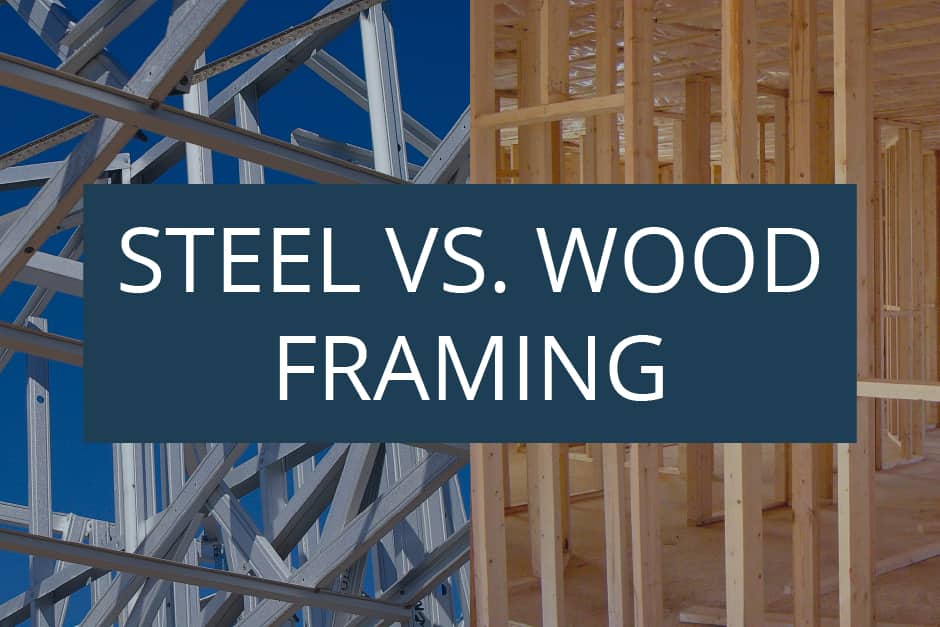Function and Form: Why Architecture with Corten Steel Makes Sense
 Marissa Morin | Mar 15, 2023
Marissa Morin | Mar 15, 2023

Steel is used to create all kinds of things—tools, machinery, and even structures, but corten steel in particular has a lot to offer. Corten steel is strong and flexible, with an impressive ability to stand up against the weather. With these qualities, it’s no surprise that a lot of architecture utilizes corten steel.
What’s Special About Corten Steel?
Corten steel is a weathering steel named after “COR-rosion resistance” and “TEN-sile strength,” two of its defining characteristics. Corten steel is protective and often favored because it forms an outer layer of rust that minimizes deeper rust penetration. The exterior of a corten steel building might look rusty, but that doesn’t mean it’s compromised.
The “TEN-sile strength” refers to the steel’s ability to bend and flex before snapping. When it comes to buildings, a little bit of flexibility is good. To better understand the importance of tensile strength, consider how the wind blows a tall and narrow skyscraper, especially at higher floors. If a skyscraper were made out of a more brittle material—like concrete—the building wouldn’t be able to withstand the weight of the wind. Steel, on the other hand, can offer the right amount of bend to flex with the wind without breaking, keeping the structure safe.
Architecturally, corten steel is commonly used to create warehouses, bridges, sculptures, and shipping container-based construction.
Corten Steel Buildings Look Unique
.jpg?width=369&height=492&name=iStock-1394821771%20(1).jpg)
Not only do the characteristics of corten steel make the metal a great material for buildings, but many architects and designers are drawn to the metal because of the way it looks. When corten steel buildings get rusty the vibrant orange and red coloring covers the surface of the structure. The unique look adds an element of texture while also offering a rustic look many designers aim to achieve.
Corten Steel Architecture and Shipping Containers
Shipping container manufacturers use corten steel because it’s durable and flexible, making it perfect for transporting goods at sea. In fact, corten steel is a great material to protect cargo in damp conditions because the rust isn’t likely to fully penetrate the walls.

After containers fulfill their cargo duties, many modification manufacturers repurpose them into building elements. Not only does the corten steel protect against weathering as it once did when transporting cargo, but the modular style of the containers allows architects and builders to utilize modular construction practices, which often speeds up timelines and lowers costs.
Modified shipping containers can become offices, living spaces, equipment enclosures, and more. Many companies rely on modified shipping containers to improve their business operations, whether it’s a single-unit structure or a multi-container facility. If you’d like to learn more about the possibilities with containers, check out what’s possible.
Falcon Structures is a shipping container modification manufacturing company working to build a better world by pioneering the use of container-based structures. Falcon modifies boxes to become storage units, workspaces, bathrooms & locker rooms, living spaces, industrial enclosures, and multi-containers.
SUBSCRIBE
- Shipping Container Modifications
- How-Tos
- Workspace
- Commercial Construction
- Multi-Container Buildings
- Storage Solutions
- Industrial Enclosures
- Bathrooms & Locker Rooms
- Oil & Gas
- Climate Control
- Green Building
- Industry Insight
- Living Space
- Military & Training Facilities
- Water Treatment Solutions
- Energy
THINK INSIDE THE BOX®
WITH OUR BLOG
Get everything from shipping container basics, to detailed how-tos and industry news in our weekly blog. Stay inspired and subscribe!
RELATED BLOGS

How the Strength of Shipping Containers Stands Up to Severe Weather
Marissa Morin | Sep 15, 2021 | 5 min read
READ MORE

What are Steel Shipping Containers Made of?
Marissa Morin | Apr 28, 2021 | 5 min read
READ MORE

Steel Frames vs. Wood Frames: Pros, Cons, & Shipping Containers
Marissa Morin | Feb 10, 2021 | 3 min read
READ MORE
